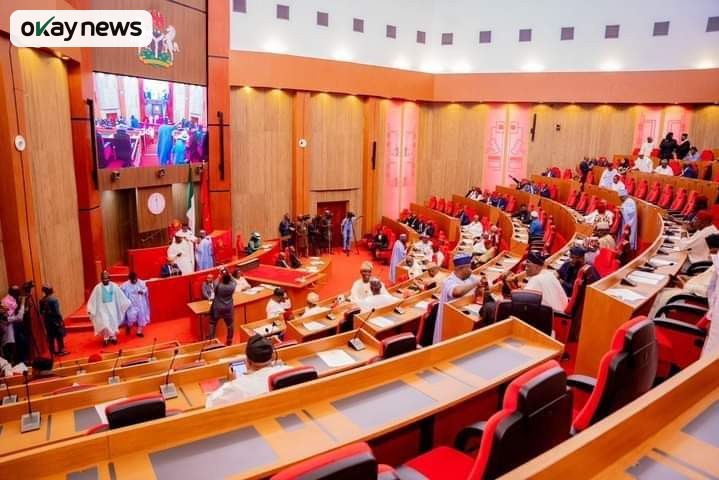The Nigerian Senate has called on the Federal Government to urgently increase the salaries and allowances of members of the Armed Forces, citing the rising cost of living and worsening economic conditions across the country.
The motion, titled “Urgent Need to Increase the Minimum Wage and Improve Conditions of Service for Members of the Nigerian Armed Forces and Other Security Agencies,” was presented by former Senate Chief Whip, Senator Ali Ndume, during Tuesday’s plenary.
According to Ndume, troops and security operatives deserve better remuneration for the high level of risk and sacrifice involved in their service to the nation. He reminded his colleagues that Section 217(2) of the 1999 Constitution (as amended) mandates the Armed Forces to defend Nigeria from external aggression, preserve its territorial integrity, and maintain peace when called upon by civil authorities.
Ndume lamented that the current pay structure for military personnel has failed to keep pace with inflation and the cost of basic goods. “The current minimum monthly wage for junior personnel in the Armed Forces ranges between ₦50,000 and ₦60,000 depending on rank,” he stated, describing the figure as “grossly inadequate considering today’s economic realities.”
He noted that the earnings of Nigerian soldiers fall far below what their counterparts receive in other African countries. “In Ghana, the entry-level pay for a private soldier is about ₦180,000 monthly; in South Africa, ₦250,000; in Egypt, between ₦230,000 and ₦280,000; and in Kenya, around ₦200,000, excluding allowances,” he said.
Okay News reports that the Senate adopted Ndume’s motion and urged the Federal Government, through the Ministry of Defence, the Ministry of Finance, Budget and National Planning, and the National Salaries, Incomes and Wages Commission, to review and significantly increase the salaries and allowances of soldiers and security operatives.
The Senate also mandated its Committees on Defence, Army, Navy, and Air Force to collaborate with relevant agencies to establish realistic salary benchmarks comparable to international standards.
Ndume further argued that improving soldiers’ welfare was not just a moral duty but a national security necessity. He stressed that low pay could affect morale, recruitment, and overall operational efficiency.
The lawmaker also urged President Bola Tinubu’s administration to recruit more personnel to fill the manpower gap in the military and police, as well as to provide modern equipment for effective operations.
According to Ndume, the last time salaries for members of the Armed Forces were reviewed was in 2008, adding that it was long overdue for a revision to reflect current economic conditions.







